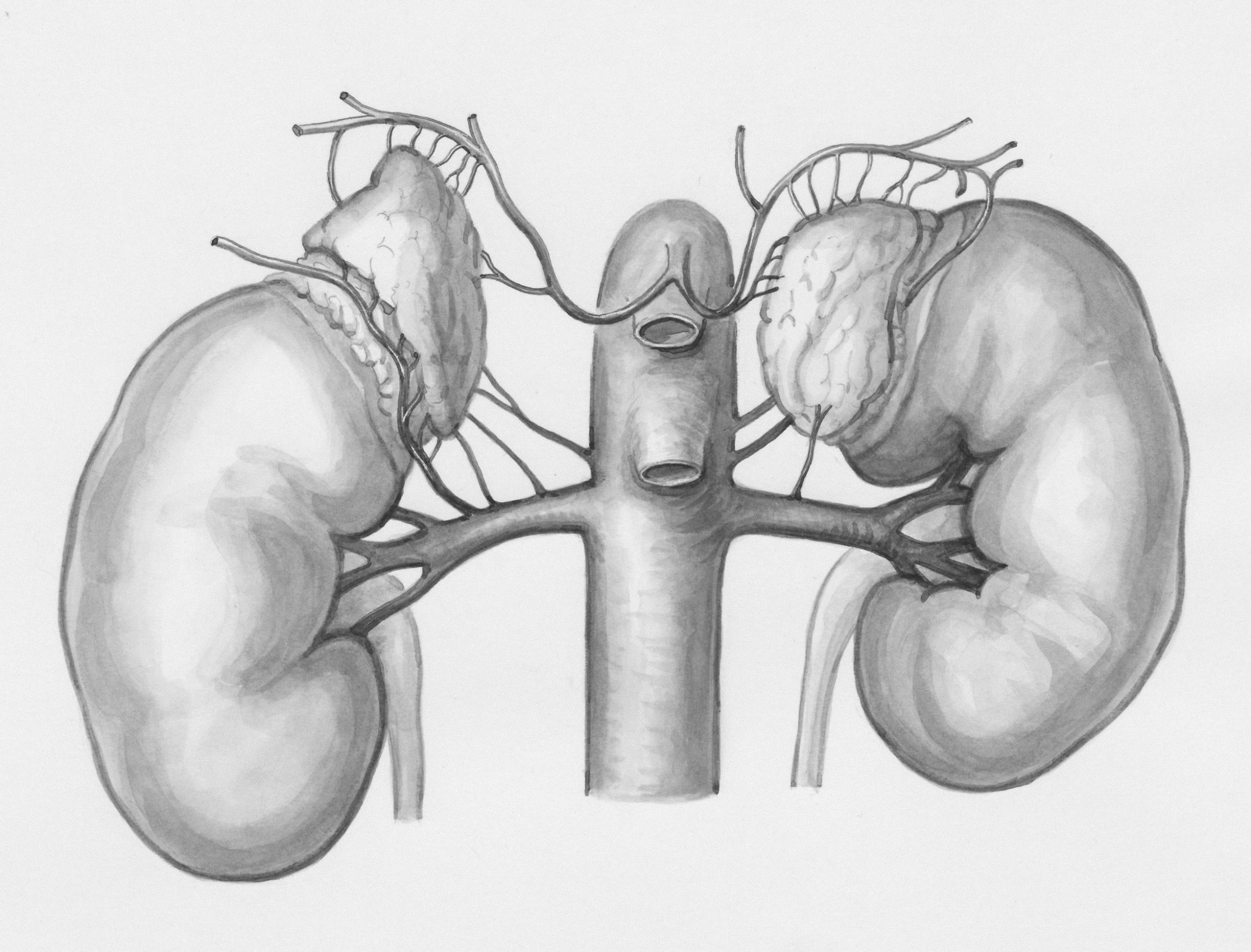Advances in treatment for Kidney (Renal) Cancer
Kidney Cancer otherwise known as Renal cell cancer (RCC) has traditionally been considered resistant to radiation. Conventional radiotherapy (RT) has mainly been used for palliating symptoms of metastatic disease. However, the advent of stereotactic ablative radiotherapy (SABR) has revolutionised treatment, allowing for higher, more precise doses that challenge the notion of renal radio-resistance.
Dr. Prantik Das explains, “Patients now have more choice when it comes to the treatment of their renal cancer. The advances in radiotherapy techniques ensure that patients can have minimally invasive treatment with limited side effects.”

SABR is now recognized as a viable curative option for patients who are medically inoperable or have declined surgery, offering acceptable levels of toxicity. Several international clinical guidelines, including those from the National Comprehensive Cancer Network (NCCN) and the European Society for Medical Oncology (ESMO), have incorporated SABR as an alternative therapy for primary RCC in patients who cannot undergo surgery.
Dr Das adds, “Renal cancer is a cancer that typically is detected in A&E. If you have a family history of the disease or experience symptoms including blood in urine, unexplained weight loss, back pain, fever, and night sweats, then contact your GP.”
For the past three years, patients have been successfully treated with MR-guided SABR. Plans are now underway to expand renal SABR treatments using conventional linear accelerators (linacs). To ensure each patient’s suitability for this treatment, a dedicated multidisciplinary team will review cases based on robust inclusion criteria, considering factors such as treatment intent, disease stage, patient performance status, comorbidities, disease extent, and technical feasibility.
Image from Upsplash https://unsplash.com/photos/a-drawing-of-the-kidney-and-kidney-ZggLwp5-Ajg